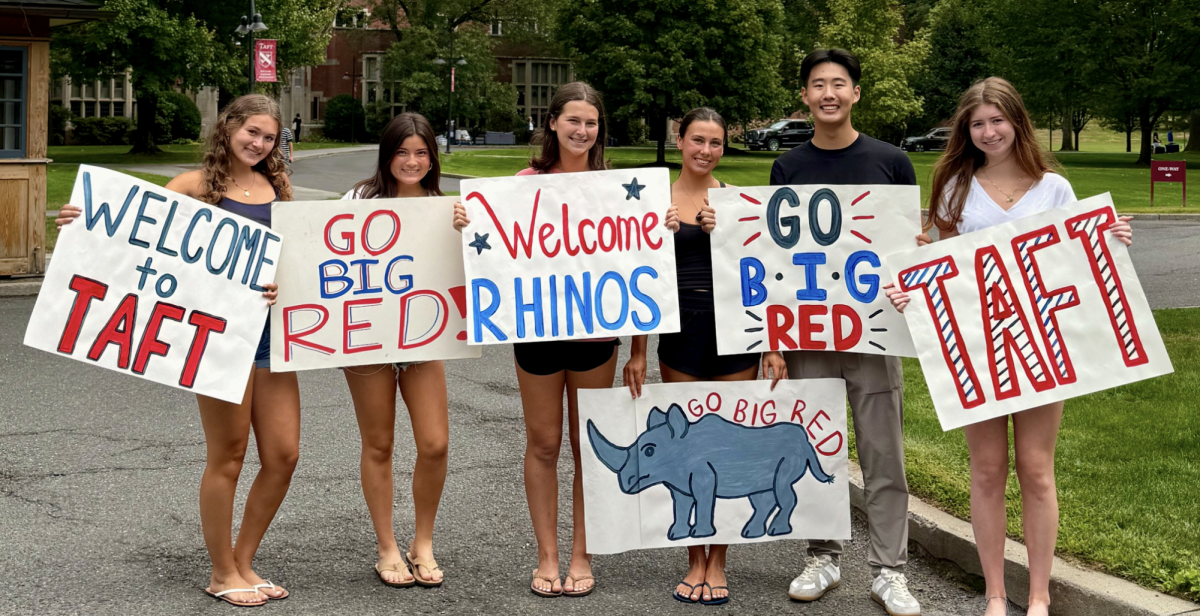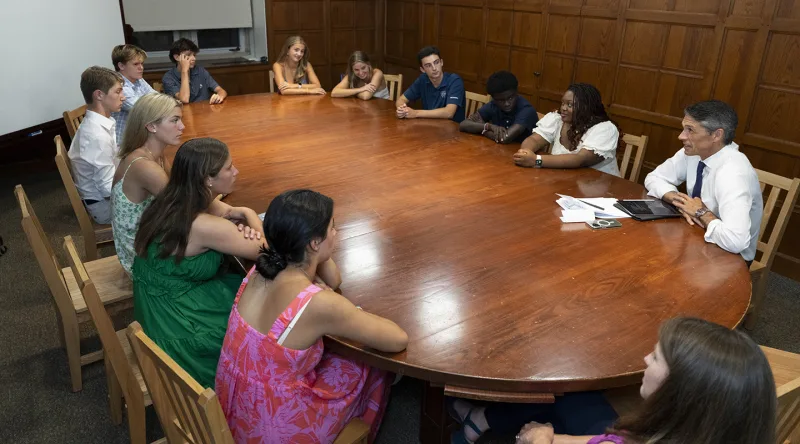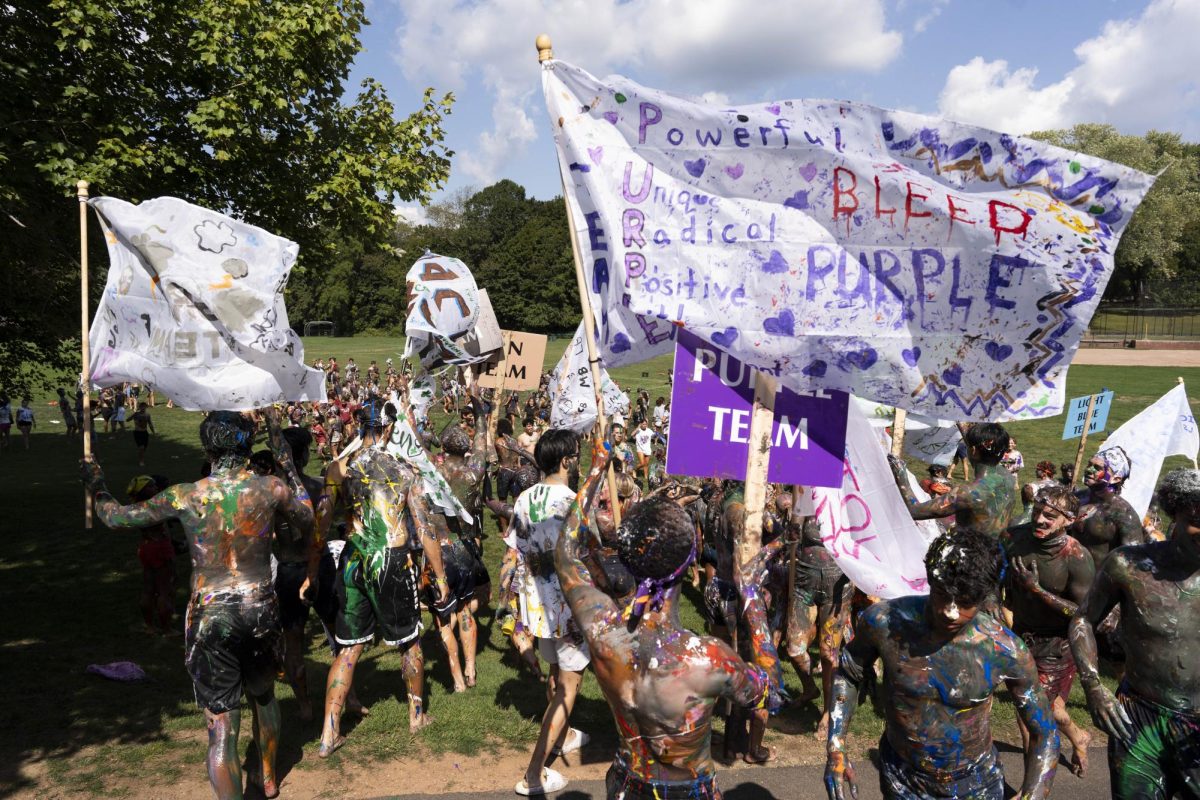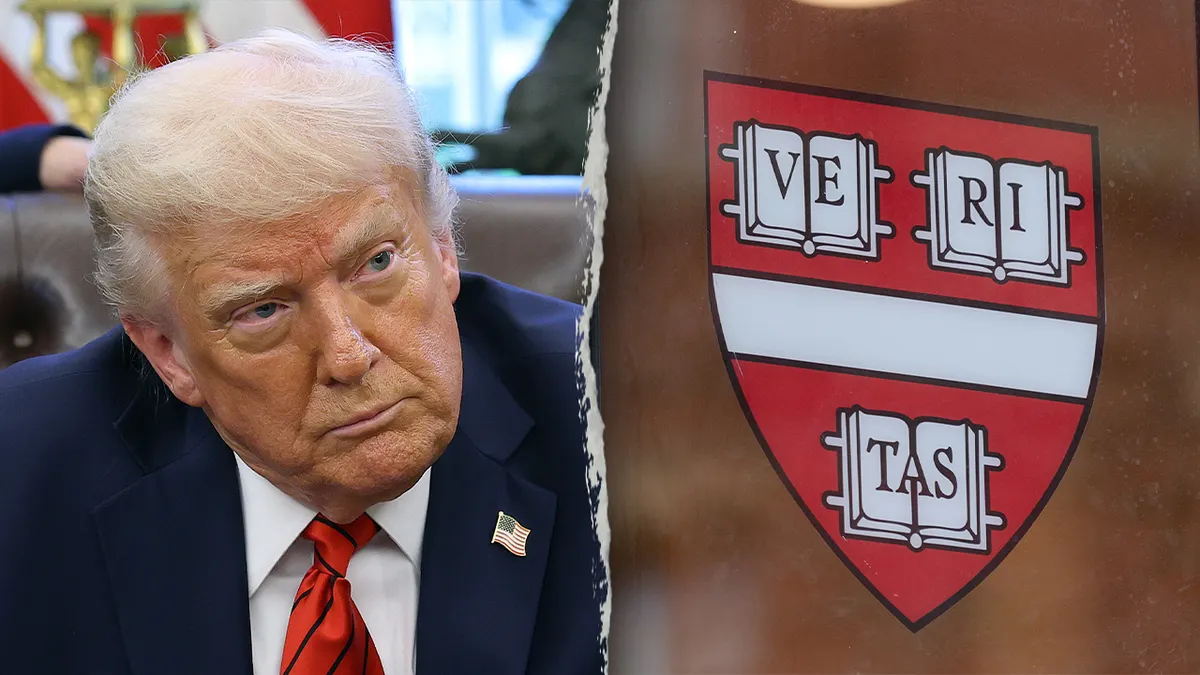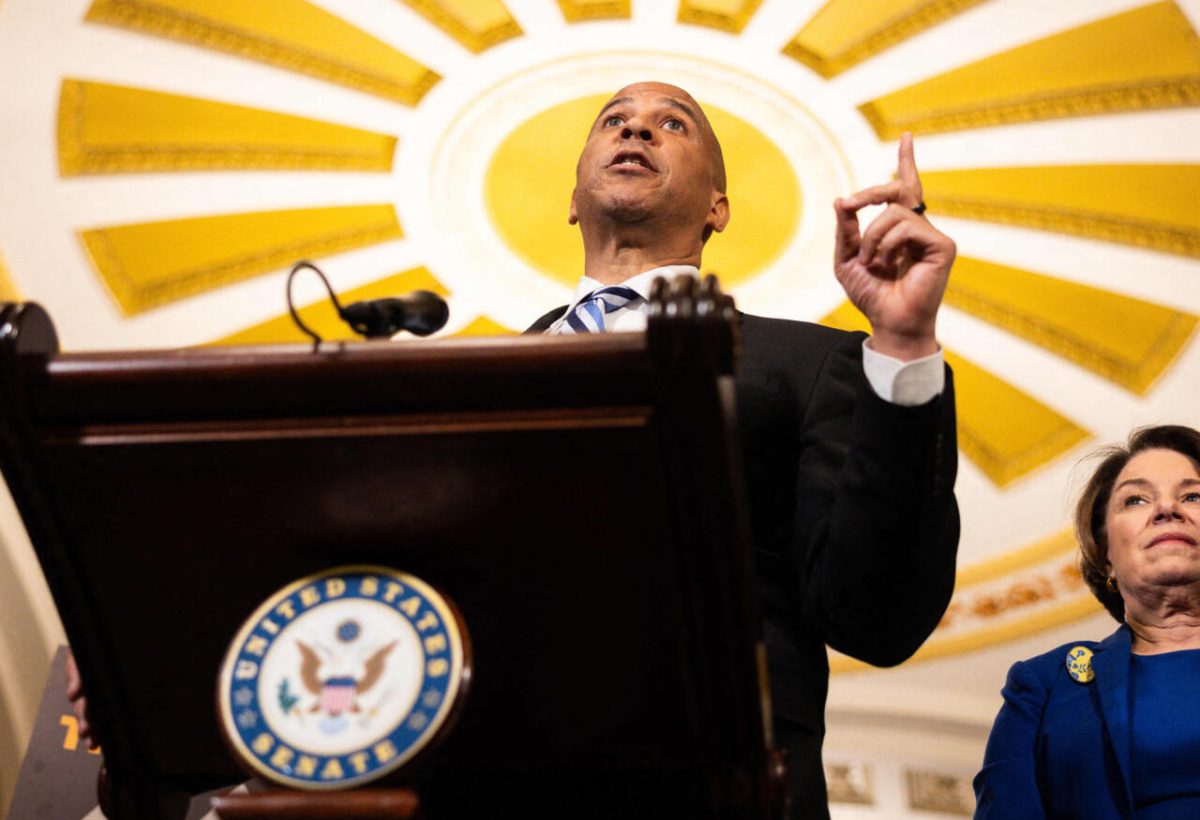In a dramatic showdown between politics and academia, President Trump and a number of universities, most notably Harvard, are locked in a battle that could shape the future of higher education in America. The conflict reached a boiling point when the Trump Administration threatened to freeze up to $2.2 billion in federal research funding for Harvard, triggering a chain of events that have left the two parties in an ideological battle.
Before the President’s announcement on April 14th, the Trump Administration asserted that Harvard had to reform its policies, specifically regarding diversity, equity, and inclusion, if they wanted to maintain their funding from the federal government. Among the Administration’s demands were ending DEI programs, restructuring campus leadership, and ensuring “viewpoint diversity” on campus. Also among the Administration’s demands was an agreement to allow government-approved curriculum and admission data examinations. However, Harvard refused to comply with Trump’s demands, filing a lawsuit against the Trump Administration in federal court, refusing to negotiate its protected rights and independence. Harvard specifically argued that the Administration’s threat violates the school’s rights provided in the First Amendment and exemplifies government overreach. Harvard’s complaint states that the First Amendment should protect any free speech related to the opposition of government interference that intends to force an ideological preference. The university’s president, Alan Garber, described the changes that the Trump Administration demanded as an intrusive and improper attempt to control the school. Following Harvard’s lawsuit, the White House responded, saying that “the gravy train of federal assistance to institutions like Harvard, which enrich their grossly overpaid bureaucrats with tax dollars from struggling American families is coming to an end.” A court hearing is scheduled for July.
This is not the first time that Trump and Harvard have come head-to-head. During his first term, his Administration supported lawsuits against Harvard’s race-conscious admissions policies, accusing the school of discriminating against specific applicants. This went to court, and while the judges ruled in favor of Harvard in 2019, the case contributed to a 2023 Supreme Court decision, Students for Fair Admissions v. Harvard, banning race-based affirmative action in university admissions. Now, the Trump Administration is taking its attacks against Harvard even further, threatening to revoke Harvard’s tax-exempt status. This threat, if successful, would essentially cost the university millions of dollars and could set a precedent that will force schools to comply with political requests. Legal experts argue that this would be a serious abuse of presidential power.
Separately, the Trump Administration has targeted other private universities, such as Cornell University, suspending $1 billion in federal funding, and Brown University, suspending $510 million. President Trump also threatened to slash federal funding of Columbia University, a hub for pro-Palestinian protests, due to antisemitism. Yet, the university agreed to some of the Administration’s demands in order to maintain its funds. This conflict raises many questions: What role should the federal government play in shaping higher education? How do we balance the protection of free speech and academic independence with concerns about fairness, bias, and inclusion on school campuses? Supporters of the Trump Administration’s stance argue that private universities have become politically one-sided and that reform is necessary to ensure a broader diversity of thought. Critics of the Trump Administration’s position argue that their actions threaten academic independence provided in the Constitution, and that they are politically motivated attempts to silence institutions that challenge the government. This argument is not just about who controls education in the US, but what values and ideologies educational institutions should reflect.

